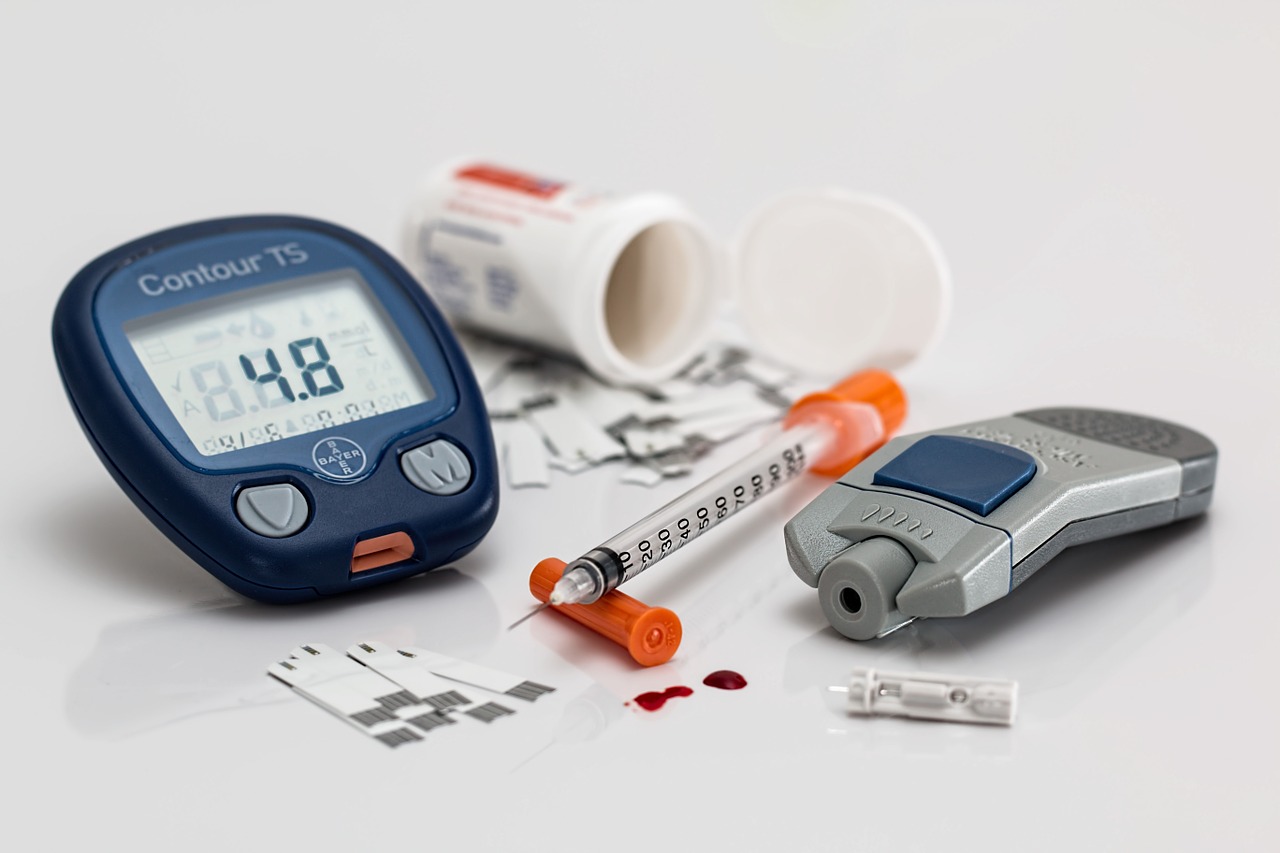A trip to a cardiologist can be a daunting task. As heart diseases are the leading causes of death in Australia, it’s important to be informed and take advantage of that knowledge. If it’s your first time visiting a heart doctor, here are five great questions that you can ask about heart diseases.
A very common phrase often used as an expression is ‘My heart skipped a beat’ which is expressed when one gets startled. However, in the real world, irregular heartbeats can be symptoms to a potential heart disease.
Arrhythmia is the medical term for an abnormal heartbeat. This means your heart may be beating too fast, too slow, too early, or too irregularly. Here you’ll learn more about arrhythmia and when you should have your heartbeat checked.
Both vitamins and supplements are taken by people to boost their nutrient intake or fill a nutrient deficit in their diet. However, these types of medicines are firstly, not often over-the-counter drugs and secondly they do not need to be FDA-approved. This therefore creates confusion among many people and restricts them from using these products to their full potential.
Here’s how you can set vitamins and supplements apart.

A healthy habit for most people is to drink at least eight glasses of water everyday, or probably more. No matter how many, the main point is to stay hydrated. This has also given way for new techniques and measures that are gaining popularity in health and wellness circles.
From water trackers to quirky how to’s and flavored water, the hype around how much water you should chug has been on a roll lately. But did you know that drinking too much water has a downside as well??

Whether it’s from sport or just tripping over, ankle sprains can be an annoying pain. When you have sprained your ankle, there are general steps to keep in mind in order to minimise the pain and not aggravate the injury any further. For a healthy recovery, here are some simple steps to taking care of a sprained ankle:

Ever left a doctor’s office feeling more confused than enlightened? You’re not alone. Several studies report that lack of communication is the main complaint of most patients and that there is a correlation between effective communication and improved health outcomes. Maybe you’re afraid to ask questions or feel like your GP isn’t listening to you. But communicating clearly with your GP is crucial to your overall health.
If you want to take charge the next time you visit the doctor, here are five tips to keep in mind.
 Asthma attacks can sometimes come from nowhere. If you or your child is diagnosed with asthmatic symptoms, it’s a must to remain alert when it comes to your environment in order to minimise the risk of allergen exposure. Here are simple but useful tips for managing asthma:
Asthma attacks can sometimes come from nowhere. If you or your child is diagnosed with asthmatic symptoms, it’s a must to remain alert when it comes to your environment in order to minimise the risk of allergen exposure. Here are simple but useful tips for managing asthma:

One of the most important people you need in your life is a trusted general practitioner (GP), also called as primary care physician. In the past, people depended on family doctors to help them with just about every medical condition, from high fevers, to birth, to broken bones. Family doctors had extensive knowledge of a family’s medical history because they had treated two or more generations of a family!
One of the most common resolutions people with diabetes (or anyone) make during the new year is to lose weight, start dieting, and exercising. However, achieving these goals can be difficult and requires a lot of dedication.
But worry not, you can achieve your nutrition goals by setting realistic goals and changing your perspective.
Maintaining a blood sugar level within the recommended range can be a tough challenge. Many things can cause your blood sugar levels to change, like the food you eat and your physical activities (or lack of). Here are some some tips on better diabetes management:
See your doctor regularly
Regardless of whether you blood sugar is too high, or too low, don’t hesitate to consult with your doctor as soon as you observe fluctuations on the levels. S/he may advise you to modify your diet plan, or perhaps even modify your maintenance prescriptions, depending on the situation.





